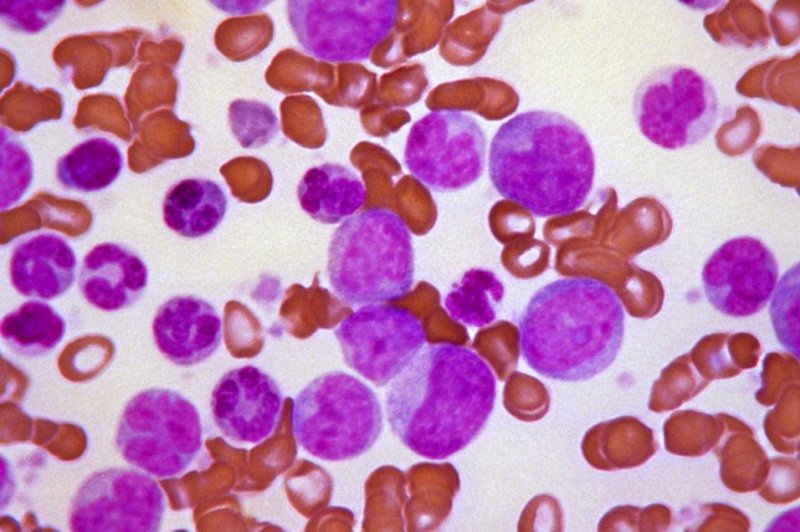MAINZ, Germany, Oct. 12 (UPI) -- Targeting two proteins that influence the development of leukemia may render cancer genes powerless, a study by an international research team suggests.
The research was a collaboration between scientists from the Mainz University Medical Center, the Cancer Center in New York, and Harvard University in Boston. Scientists involved with the study demonstrated that a targeted drug-based inactivation of two chromatin regulators can interrupt the development of leukemia in blood cells. Their findings were published in the journal Cancer Discovery.















